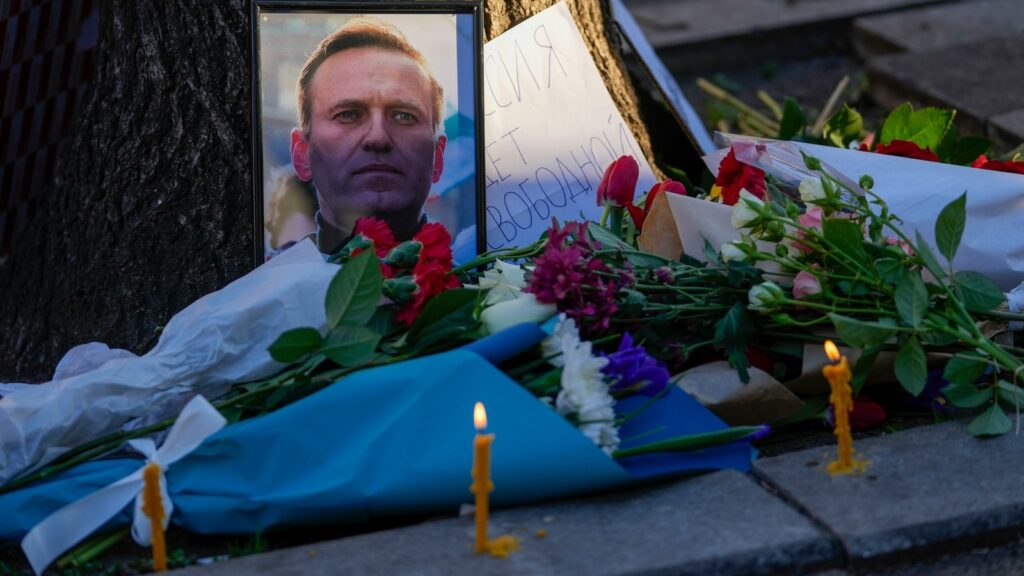The sudden death of Russian opposition leader Alexei Navalny, perhaps President Putin’s most formidable foe, has understandably forced the spotlight on the state of Russian politics. Navalny was the latest addition to the list of people who have suffered what some have described as the “sudden Russian death syndrome”. Over the years, Navalny persistently questioned Putin’s regime despite being hounded, facing trumped-up charges and surviving an assassination attempt with a nerve agent, Novichok. Even as Russia gains ground in Ukraine, and the western bloc seems to be in disarray, its attention diverted by the conflict in West Asia, Navalny’s death points to a contradiction within Russia’s political system — the failure to accept a credible opposition.
The sudden death of Russian opposition leader Alexei Navalny, perhaps President Putin’s most formidable foe, has understandably forced the spotlight on the state of Russian politics. Navalny was the latest addition to the list of people who have suffered what some have described as the “sudden Russian death syndrome”. Over the years, Navalny persistently questioned Putin’s regime despite being hounded, facing trumped-up charges and surviving an assassination attempt with a nerve agent, Novichok. Even as Russia gains ground in Ukraine, and the western bloc seems to be in disarray, its attention diverted by the conflict in West Asia, Navalny’s death points to a contradiction within Russia’s political system — the failure to accept a credible opposition.
From journalists and businessmen to political opponents, President Putin’s rivals have been targeted by Moscow within Russia and abroad. Ever since the erstwhile Soviet Union collapsed in 1989, Russia has been struggling to transform itself into an electoral democracy with credible institutions and a clear separation of powers. The Boris Yeltsin years saw a meltdown of the Soviet empire with the peripheries breaking away to establish independent republics. The command economy collapsed, and the privatisation of State assets created a noxious political economy run by a nexus of oligarchs and shadowy politicians. Putin’s rise to power brought political and economic stability to Russia, but, under him, power has become centralised in Moscow and the regime has turned overtly nationalist and authoritarian with no space available for dissent.
Navalny, 47, was the face of the opposition, a minority that challenged Moscow’s narrative on Russian nationalism and exceptionalism. His death, claimed as political murder by his family and supporters, is a blow to democrats everywhere.
Continue reading with HT Premium Subscription
Daily E Paper I Premium Articles I Brunch E Magazine I Daily Infographics


